Tendrils of fog curl around the dilapidated shack I am taking shelter in, competing with the softly falling rain to see which can be the more forlorn and eerie. After my attempts to explore the nearby mountains of Limgrave were cut short by the concussive blows of a massive troll, I discovered the shack in the same way I have found much of the Elden Ring’s substantial map. That is to say, by running from the nightmares that seek to kill me and stumbling upon it by accident.
Inside the shack, I find a young woman, clearly cold and frightened. Like me, she shelters from the fog, rain, and pugilistic trolls. She tells me that everyone she knows is dead, subsumed by a monster and rendered down to help rebuild its flesh. She blames herself, informing me that they all came to this cursed place because of her. After speaking for a while, she offers me a magic spell. Secretly, silently, I contemplate killing her. Elden Ring, you see, makes monsters of us all.
The Three Constants

Elden Ring is an almost impossible game to discuss without spoiling things. As it is, the above hint of potential damselcide will set tongues wagging for many experienced Miyazaki fans. Aspects of other games that are seemingly mundane and normal are just more meaningful here. The ripples of cause and effect flow a little further out from the player, like a stone impacting still water. As such, it is arguably easier to avoid discussing elements of the story completely.
For newer players, the basics are always the same. You play a potential hero, one of hundreds who will attempt to change the world. It is likely that you will fail. There are no true heroes of prophecy to be found in Miyazaki’s worlds, only an endless cavalcade of failures and also-rans. As for Soulsborne veterans, they will be interested in knowing if the game has what I have come to consider the three constants of Miyazaki.
First, a Soulsborne game must set you a task without telling you how to achieve it. Secondly, the game must give you a destination with no instructions on how to reach it. Finally, the game must invite you to die. This is the most important, and often most misunderstood, element of the games. Soulsborne games do not kill you. They simply give you ample ways to die until you learn how not to.
Elden Ring does all of the above. It is, in every way that you want it to be, a Soulsborne game. It is also so much more than that, the zenith of years of work by the team at FromSoftware. Many facets of the game are things you will have experienced before, strewn across every previous title in the loosely connected Soulsborne series from the original Demon’s Souls all the way to Sekiro. Where Elden Ring stands out and elevates the team’s craft is in the open world.
La La Lands Between
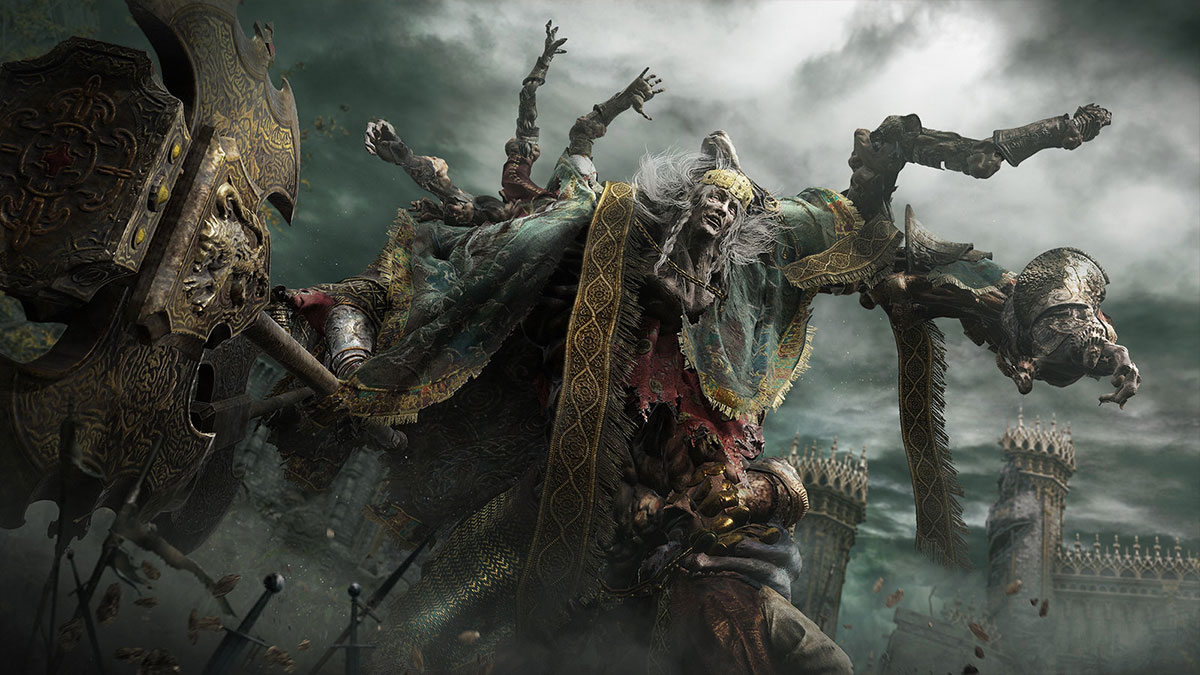
A major area of concern for players who enjoy the beautifully crafted world and level design of previous Soulsborne games is how the open world actually plays. Over the years, open-world titles have gone from exciting to uninviting, little more than rolling hills or roaming streets filled with nothing to do and even less to experience.
Elden Ring, thankfully, doesn’t have this problem. If anything, the unfettered landscape allows even more of FromSoftware’s, and specifically Hidetaka Miyazaki’s, style and substance to shine through. The world itself is divided into rough sections, often by deep cuts and ravines that run through soil and stone. The varied landscapes sit alongside each other perfectly, however, like a collection of paintings that explore a variety of interconnected themes. Forests, marshes, poison swamps, and rocky cliffs gently caress each other, occasionally divided by massive abandoned structures, slumbering castle ruins, or alien-looking flora.
For years, Miyazaki’s worlds have put me in mind of the work of Polish painter Zdzisław Beksiński. Beksiński was a surrealist, painting incredible inhospitable worlds, twisted masses of flesh, terrifying architecture, and maddening apocalyptic nightmares. The Lands Between, as Elden Ring’s world is known, uses these same elements to explore a living tapestry of life and death, destruction and decay, hope and fear.
All around the vast, open space that is the Lands Between, players will also find areas of intensely focused design, from castles that stand imposingly against the sky to dungeons buried deep beneath the earth. Here is where players will find the twisted level design that has been a calling card of FromSoftware’s work. A place of dead ends, shortcuts, and locked doors that only open from the other side.
Grim Fairy Tales

It is by exploring the open world, and these more curated spaces, that players will also explore the story of Elden Ring. The game embraces environmental storytelling, balancing rays of hope with the inevitable arrival of tragedy. The rearing castles hint at the hunt for glory that has rendered the rest of the world so inhospitable. However, behind those lustrous castle walls, the growing rot reveals that achieving greatness and power does not equate with holding on to it. As is often the case, the vacuum left in the wake of dead gods will crush all those who are unable to embrace the cruelty required to survive it.
Which brings us back around to the poor woman in the shack. In Elden Ring, the mystery extends far beyond what you do, and where, and why. Each NPC you meet has a potentially rich tapestry of story that will unfold, or perhaps an invaluable item in their possession. Do you kill them or spare them? It’s a choice you will need to make for yourself.
Elden Ring is filled with a liberal dose of tragedy and travesty, and few characters in the game fall into the tired tropes of the strictly evil. Everyone here has been led astray in some way, seduced by power or inner voices best ignored. Most of the bosses you face, creatures of immense strength and terrifying power, will have walked a road of strange fragility to end up dying beneath your blade. It’s all wonderfully told in subtle details and nuanced design rather than screamed at you through endless cutscenes burdened by exposition.
The Unfairness of Expectation

Elden Ring is a game that will challenge players, but it is also potentially the most welcoming Soulsborne game when it comes to the self-confessed noob and the self-proclaimed unable. There are a healthy number of NPCs that players can summon for tougher fights, and mechanics like the Ashes of War will allow players to bring in spirit-like helpers for when they really need them.
Combat falls into the traditional Dark Souls-style, where deliberate and considered tactics pay dividends, but there is also a large degree of forgiveness offered in the Invincibility Frames that are part of rolling and dodging. Nobody will be surprised by the combat system in Elden Ring, but it does feel like it is somehow managing to be one of the most rewarding for high-skill players that FromSoftware has made, while also creating room for people who will struggle to find the space to learn.
Is the game still challenging? Absolutely, and players who want more challenge than most can still do all the things they used to do to up the ante. The real difficulty of Elden Ring compared to previous games is the Lands Between itself. It is hard to put into context just how large the world of Elden Ring feels. Just when you think you are on the verge of seeing it all, more of it is unveiled. It becomes almost too much, intimidating to even contemplate the idea of exploring it all. But explore it all you will, because Elden Ring will draw you into its rich tapestry, and it will not let you go and you get tangled in the threads until you become part of the picture.
The Verdict
We reviewed Elden Ring on PC, and while the game did suffer the occasional frame drop when things were incredibly busy, it was largely a great experience. The game looks beautiful, and while it was being churned out by a Ryzen 3700X and an RTX 3070, a lot of that beauty is down to art direction more than raw graphics.
Elden Ring is just about everything that a player could want from a Soulsborne game, with the scale turned up to 11. The areas in between dungeons, NPCs, and monsters all feel perfectly natural for the world, and allow FromSoftware environmental storytelling to shine, something that many open-world games fail at. When you are deep in the bowels of a castle or dungeon, you realize that FromSoftware’s excellent level design is still alive and well.
Elden Ring is my favorite game that I have ever played. It is also the best game that I have ever played. I didn’t know what I expected when I first loaded it up, but FromSoftware has delivered a veritable shoo-in for the Game of the Year. It is impossible to imagine the miracle that another team of developers would need to pull off to deliver something as refined, engaging, addictive, and enthralling as Elden Ring.
Final Score:
10 / 10
| + | The Lands Between is an extraordinary setting for a game |
| + | The soundtrack is incredible and evocative |
| + | All of the traditional Soulsborne elements are here but polished and perfected |
| + | A game of endless shocks, surprises, terrors, and treats |
| + | This is From Software at their very best |

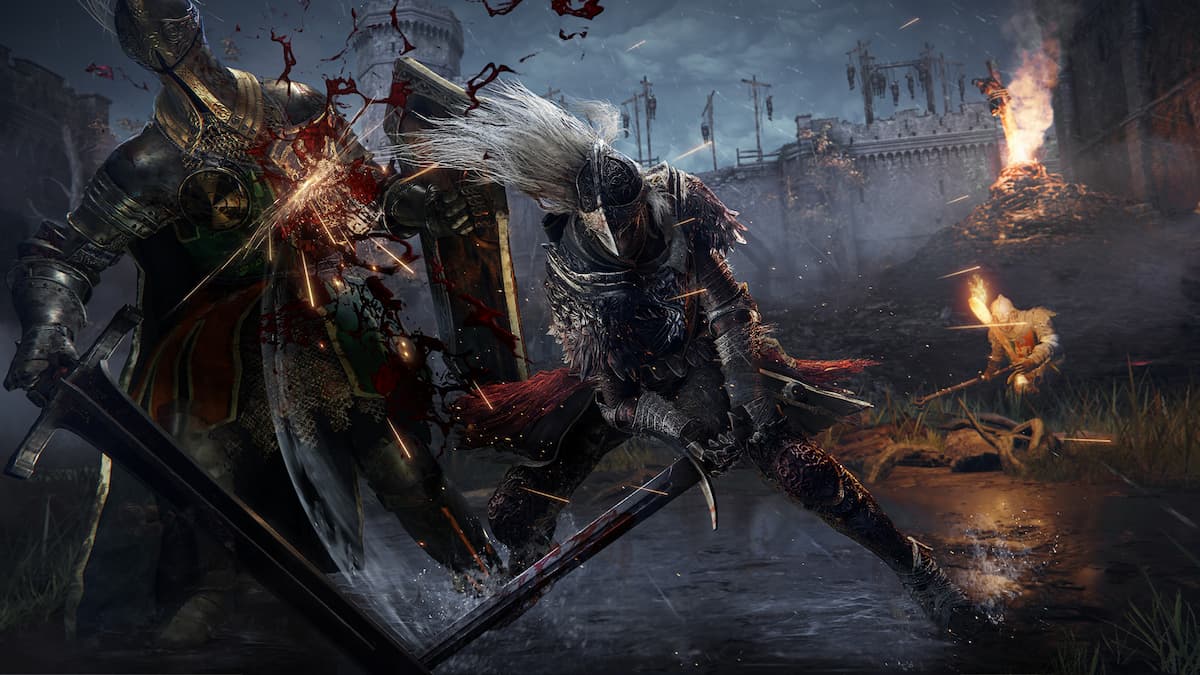
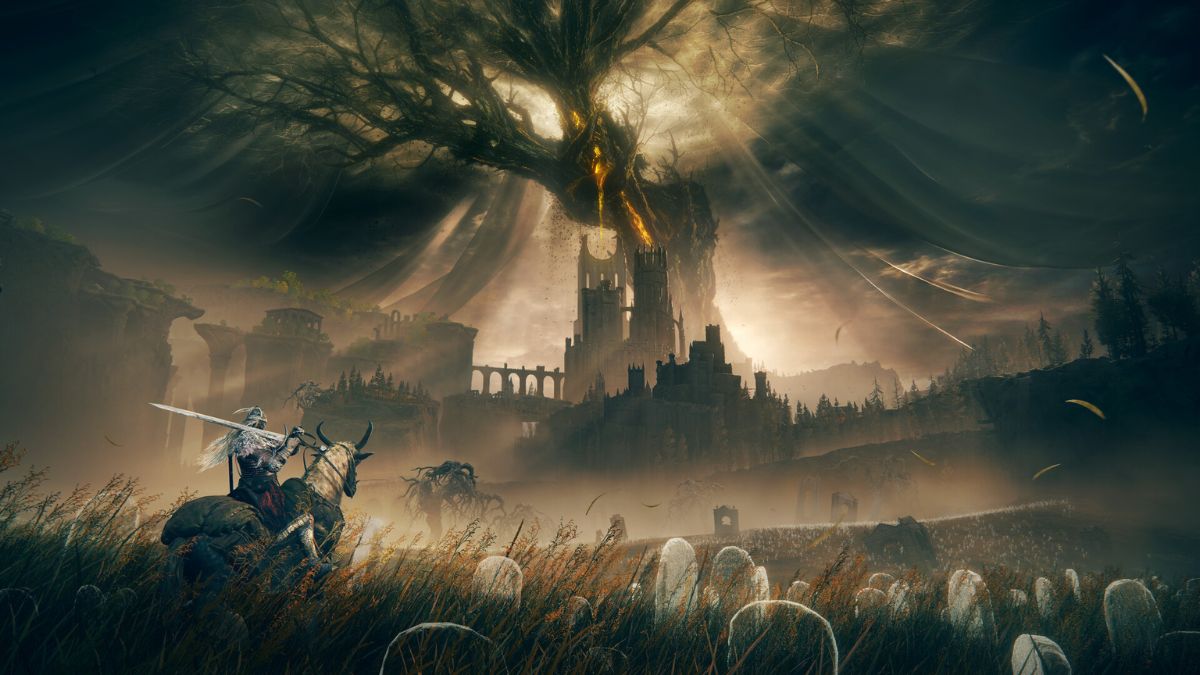
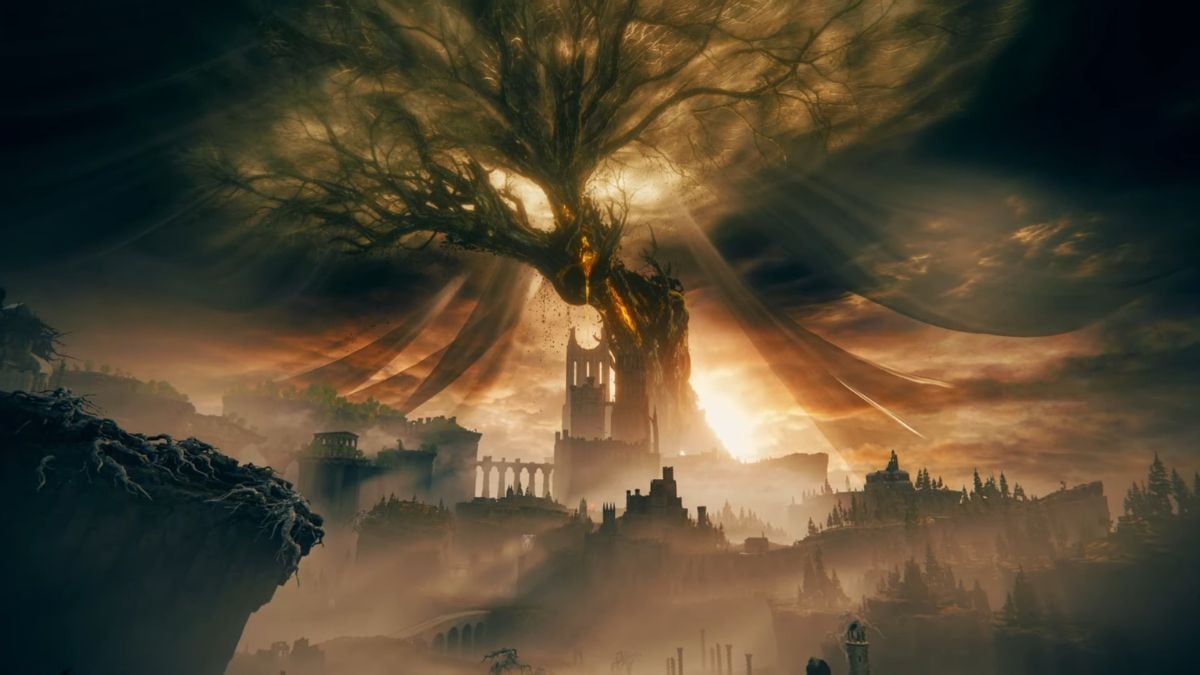
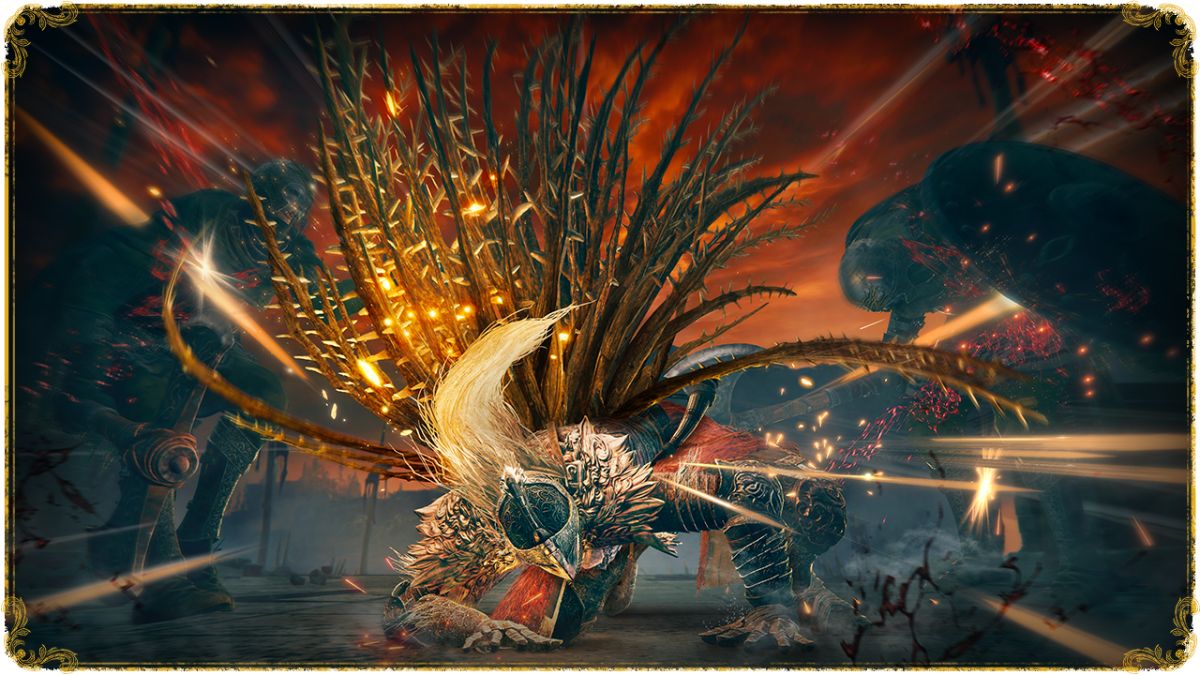
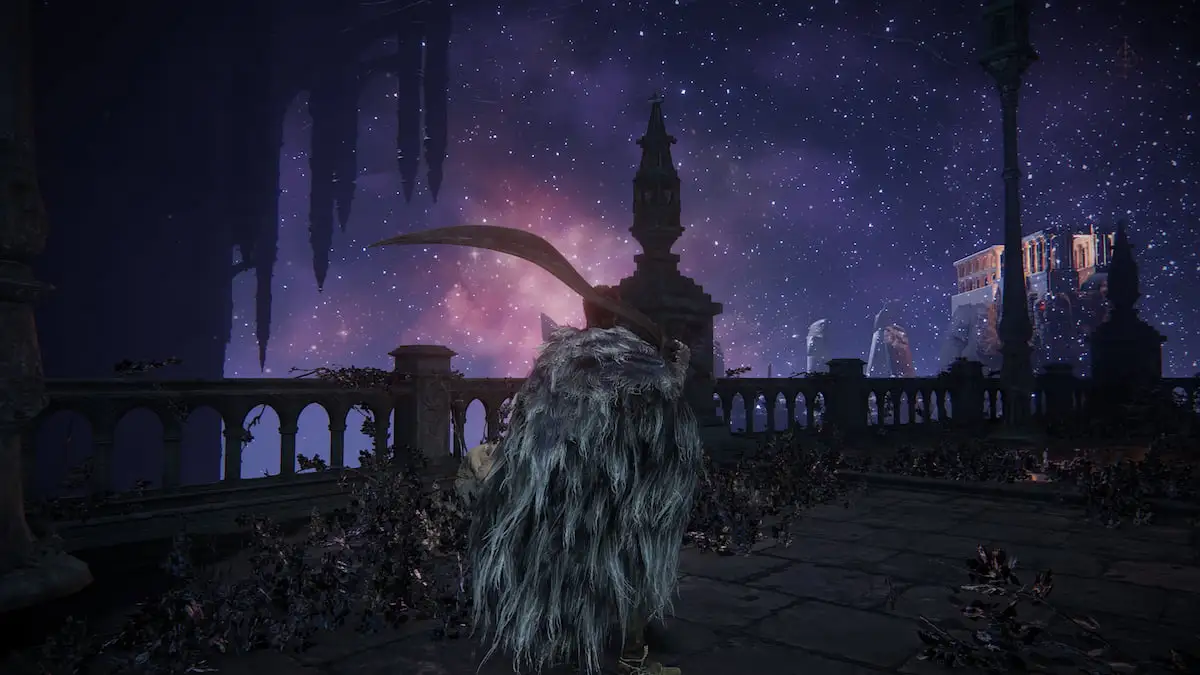

Published: Feb 23, 2022 09:00 am